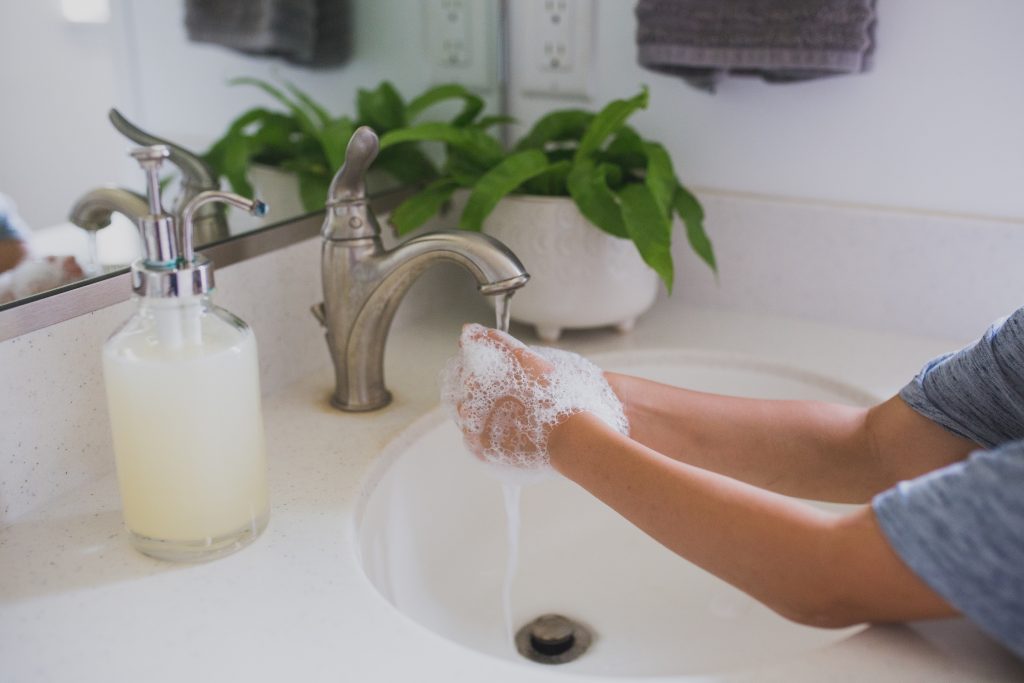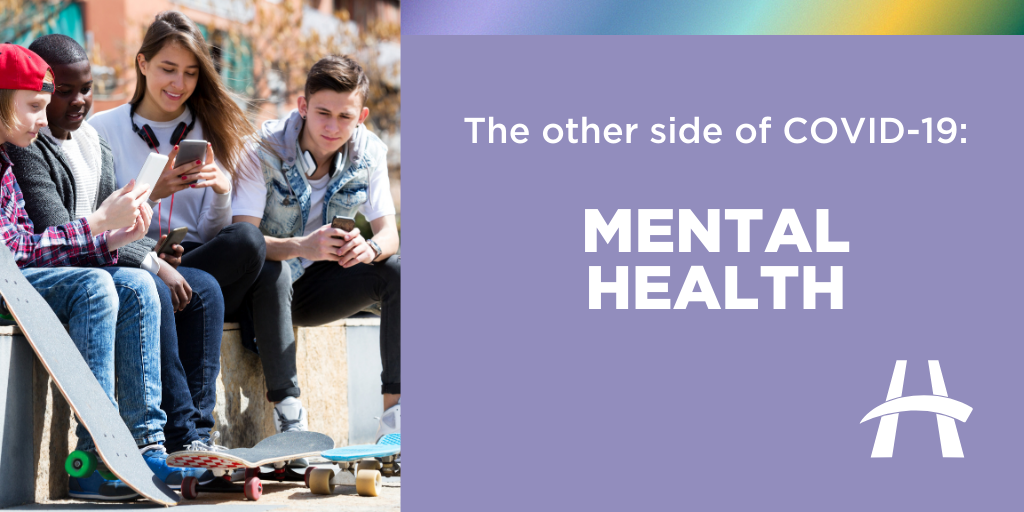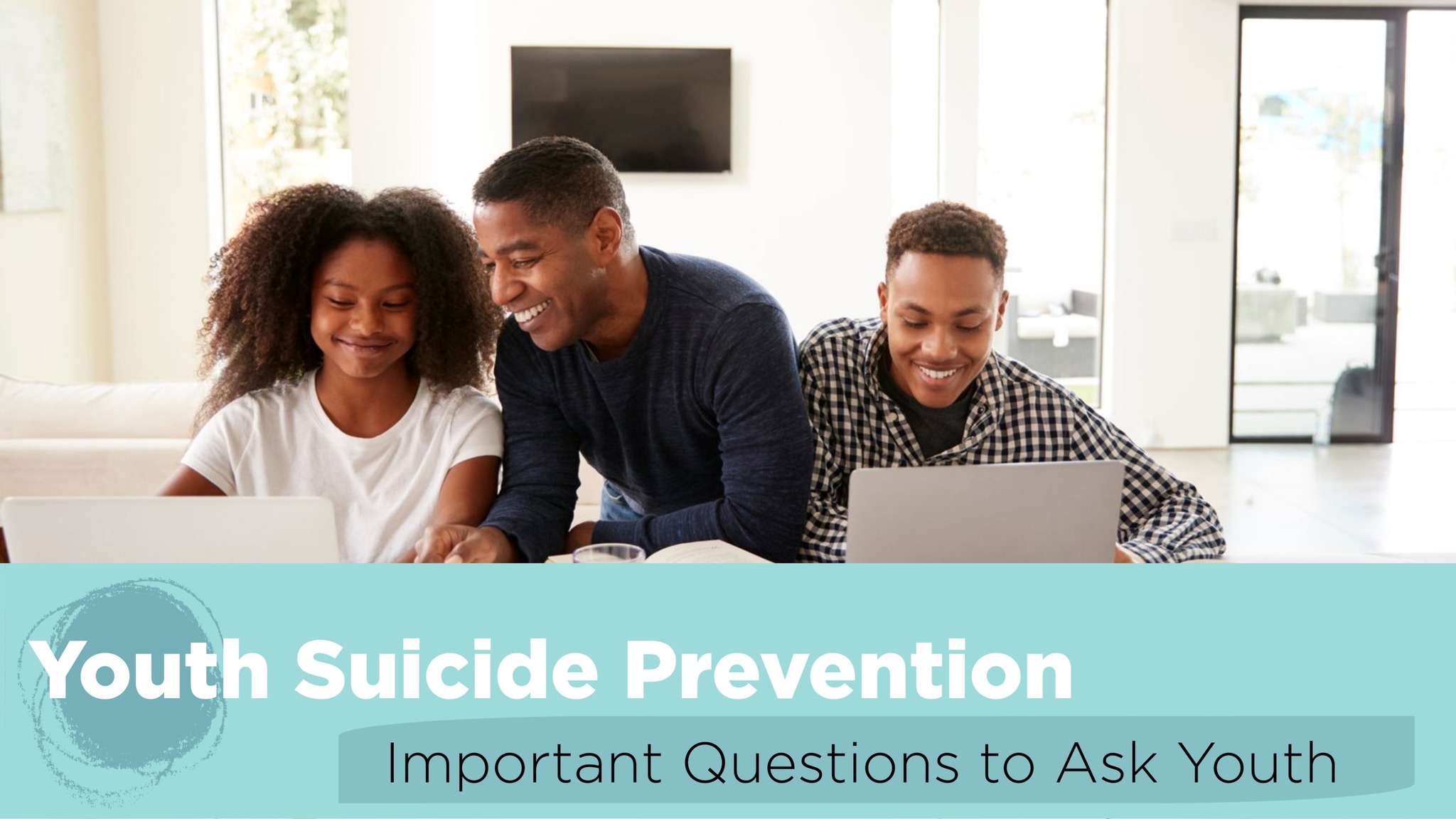
Handwashing during a pandemic: when is it normal and when could it be OCD?
Noticing your child’s handwashing compulsion
Throughout the COVID-19 pandemic, handwashing has been an important measure to stop the spread of the virus. Everyone is washing their hands more. But what is considered normal handwashing – and what is not?

Dr. Paulo Pires
“We have definitely seen an increase in kids with a concern of obsessive compulsive disorder (OCD) related to cleaning and germs,” says Dr. Paulo Pires, psychologist and clinical director of Child & Youth Mental Health Outpatient Services at McMaster Children’s Hospital’s (MCH) Ron Joyce Children’s Health Centre. “When OCD is related to germs, it’s called ‘contamination OCD’. A rise in contamination OCD cases at MCH has taken place in 2021 compared to 2020, so it was kind of delayed in terms of when the pandemic started.”
Obsessive compulsive disorder is often fueled by fear, but sometimes by another emotion like disgust. It occurs when people perceive danger in their environment and experience intrusive thoughts or worries. These are known as obsessions. Compulsions are the habits or repetitive actions that people develop to get temporary relief. They exceed the amount of time and effort spent by someone who does not have OCD and not always make sense.
“For example, if someone is really worried that germs on their hands are going to get them sick, they might wash their hands very frequently to reassure themselves that their hands are clean,” explains Pires.
A patient’s story
A 16-year-old patient accessed care from MCH’s Child & Youth Mental Health program where she was diagnosed with OCD. She wishes to share her experience to help others but does not want to be named.
Just over a year ago, the patient’s mother noticed her daughter’s handwashing became excessive. The amount of soap being used around the house was much more than usual. Her daughter’s hands were dry and chapped.
The teen was regularly washing from her hands up to her elbows and would hold her hands out not wanting to touch anything.
“I didn’t like to move around because I felt like everywhere was dirty,” she says.
Her mom raised concerns with her family doctor.
Is the pandemic to blame?
“While COVID-19 certainly brought germs to the forefront of conversations, it didn’t necessarily cause OCD in these children,” says Pires. “For people predisposed to the condition, the pandemic would have made it more obvious.”
In the case of the patient interviewed for this story, signs of OCD earlier in life included worrying when she was in bed at night, wondering if the stove was off and the doors were locked.
Pires says some kids would have had OCD symptoms before the pandemic which got worse over the last couple of years. Others may have not known they had symptoms, but they would become more obvious during the pandemic, especially symptoms related to the contamination type of OCD.
Not only would kids possibly have more symptoms because of the nature of the pandemic, but parents are more likely to notice symptoms these days.
“Parents may be more in tune with their child’s OCD by virtue of spending more time with them at home,” says Pires. “A lot of children aren’t as active so it leaves them more with their thoughts when there is nothing else to do. So if a child is having intrusive thoughts, they become more focused on them.”
For the patient in this story, behaviours spiked quickly around the time the pandemic started so people around her chalked it up to the pandemic.
“I’ve asked myself, ‘Is it because of COVID?’ and ‘What would have happened without the pandemic?’ I think it definitely played a big part in her escalating,” says her mom. “I think what the pandemic did is allowed her to exercise behaviours that she wouldn’t have been able to if she had been out and about. We would ask her, ‘Well, what would you when you were usually playing basketball and touching the ball and bumping into people?’. But at home, she was able to carry on with the handwashing rituals.”
Making improvements
Treatment for the patient is ongoing and she is making improvements.
“This is something she will live with and she will have to develop strategies and ways of dealing with it,” says her mom. “It’s been incredibly disruptive and has really changed her life.”
The patient is learning to change her mindset and understand that even if she performs the rituals and does what makes her feel better for the short-term, it won’t help in the long-term.
She’s learned to stretch out the time between handwashing and shorten how long she spends in the shower.
She says she appreciated the virtual group session organized by the program to hear stories from other young people and understand she wasn’t alone.
And she is back playing basketball.
“I feel good doing that and I just take a shower after and I’m fine,” she says.
What parents can watch for
- Repeating behaviours and noticing their child getting stuck doing the same thing over and over and unable to do it differently.
- Specific to contamination-based OCD, signs include increased handwashing, soap being used up more, and frequent, long showers. Because handwashing is often done in the privacy of a bathroom, it can be a hidden and hard to pick up on, so parents often notice resources and supplies for cleanliness needing to be replenished more often.
- If parents notice they have to do things very differently all of a sudden in order for their child to not be distressed, that can also be a sign – for example, buying a specific soap with a special germ-killing ingredient or not touching certain items.
Pires says to conduct “a test of reasonability.”
“Everyone has increased the frequency of handwashing because we’ve been told to. Public Health gives us specific guidelines around that. You wash for so long, you wash in specific contexts. But if you don’t leave your house, the guidelines may not apply,” he says.
“We’ve all paid more attention to handwashing, but if someone is sticking out and doing even more than everyone else at home, that could be a sign.”
If families suspect their child may be experiencing OCD, consult with your family doctor or pediatrician to rule out other health conditions and outline a course of action. Parents can also call Contact Hamilton to access mental health services in our area.



